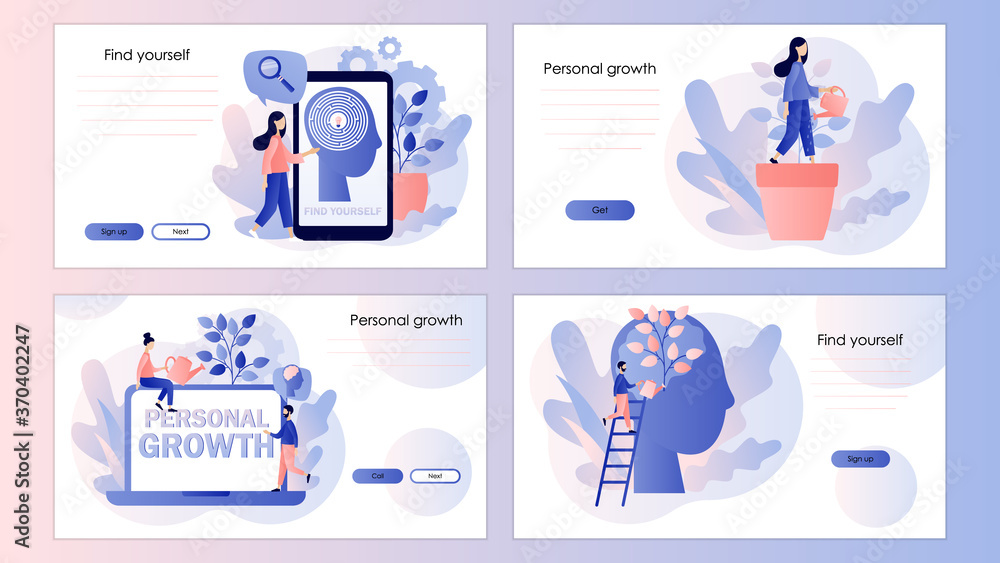30 Sustainable Living Tricks All Experts Recommend
In today's world, where environmental concerns are growing, adopting sustainable living practices has become increasingly important. By making small changes in our daily routines, we can contribute to a greener and healthier planet. This article aims to provide you with 30 sustainable living tricks that experts recommend. These tips are practical, easy to implement, and can make a significant difference in reducing your carbon footprint. Let's dive in!
Switch to Renewable Energy Sources
One of the most impactful steps towards sustainable living is transitioning to renewable energy sources. Consider installing solar panels on your roof or switching to a green energy provider. By reducing reliance on fossil fuels, you can significantly lower your Reduce carbon footprint and contribute to a cleaner environment.
Reduce, Reuse, Recycle
The age-old mantra of "reduce, reuse, recycle" still holds true today. Minimize waste by consciously reducing your consumption, reusing items whenever possible, and recycling materials that can be processed and transformed into new products.
Conserve Water
Water is a precious resource, and conserving it should be a top priority. Simple practices like taking shorter showers, fixing leaky faucets, and collecting rainwater for gardening can go a long way in reducing water wastage.
Choose Energy-Efficient Appliances
When purchasing new appliances, opt for energy-efficient models. Look for the ENERGY STAR label, which indicates that the appliance meets strict energy efficiency standards. These appliances consume less energy and help to lower greenhouse gas emissions.
Use LED Light Bulbs
Replacing traditional incandescent bulbs with LED light bulbs can have a significant impact on your energy consumption. LED bulbs are more energy-efficient, have a longer lifespan, and produce less heat.
Opt for Public Transportation or Carpooling
Reducing reliance on private vehicles is an effective way to cut down on carbon emissions. Whenever possible, choose public transportation, walk, or bike. Carpooling with colleagues or neighbors is another Eco-friendly lifestyle option that reduces traffic congestion and pollution.
Practice Sustainable Eating
Adopting a sustainable eating habit involves making conscious choices about the food we consume. Include more plant-based meals in your diet, choose locally sourced and organic produce, and support sustainable fishing practices.
Support Local and Organic Farming
By purchasing food from local and organic farmers, you support sustainable agricultural practices. These farmers prioritize soil health, biodiversity, and use fewer synthetic fertilizers and pesticides, resulting in healthier food and a cleaner environment.
Minimize Food Waste
Reducing food waste not only saves money but also helps in the battle against climate change. Plan your meals, store food properly, and compost food scraps instead of throwing them in the trash. By minimizing food waste, you reduce methane emissions from landfills.
Embrace Minimalism
Adopting a minimalist lifestyle encourages conscious consumption and reduces the strain on the environment. Simplify your life by decluttering, prioritizing experiences over material possessions, and making thoughtful purchasing decisions.
Go Paperless
In today's digital age, there are numerous alternatives to paper-based processes. Opt for electronic bills and statements, use digital note-taking apps, and embrace e-books instead of physical copies. By going paperless, you save trees and reduce waste.
Plant Trees and Gardens
Planting trees and maintaining gardens not only beautifies your surroundings but also has environmental benefits. Trees absorb carbon dioxide, provide shade, and enhance air quality. Gardens attract pollinators, promote biodiversity, and can even provide homegrown produce.
Compost Organic Waste
Composting is a sustainable way to manage organic waste. By composting food scraps and yard trimmings, you divert waste from landfills and create nutrient-rich soil for gardening. It's a win-win for the environment and your garden.
Reduce Plastic Usage
Plastic pollution is a significant threat to our ecosystems. Minimize your plastic consumption by opting for reusable alternatives like stainless steel water bottles, cloth shopping bags, and glass food containers. Say no to single-use plastics whenever possible.
Choose Sustainable Clothing
Fast fashion is notorious for its negative environmental impact. Opt for sustainable clothing options made from organic or recycled materials. Support ethical fashion brands that prioritize fair labor practices and minimize their ecological footprint.
Opt for Eco-Friendly Cleaning Products
Traditional cleaning products often contain harmful chemicals that can harm both your health and the environment. Choose eco-friendly cleaning products or make your own using natural ingredients like vinegar, baking soda, and lemon juice. These alternatives are just as effective and safer for the planet.
Save Energy at Home
Implement energy-saving habits in your household. Turn off lights and appliances when not in use, use programmable thermostats, and insulate your home properly to reduce heating and cooling energy requirements. These small changes can lead to significant energy savings.
Support Renewable Energy Initiatives
Besides adopting renewable energysources for your own use, consider supporting renewable energy initiatives in your community. Advocate for renewable energy policies, invest in community solar projects, or contribute to organizations working towards a clean energy transition.
Reduce Water Consumption
Conserving water is crucial for sustainable living. Install low-flow fixtures, repair leaks promptly, and practice responsible water usage habits like watering plants during cooler hours. Small adjustments in your daily routine can have a positive impact on water conservation.
Practice Mindful Travel
When traveling, choose eco-friendly transportation options whenever possible. Consider taking trains instead of planes for shorter distances, explore local destinations, and be mindful of your carbon footprint. Offset your travel emissions by supporting verified carbon offset projects.
Use Reusable Bags and Bottles
Plastic bags and disposable water bottles contribute to plastic pollution. Carry reusable bags when shopping and invest in a durable, reusable water bottle to stay hydrated on the go. These simple actions reduce waste and help protect the environment.
Conserve Energy in the Kitchen
The kitchen is a hotspot for energy consumption. Optimize your kitchen's energy efficiency by using energy-saving appliances, cooking with lids on pots and pans, and choosing the right-sized burner for your cookware. Also, consider using a microwave or toaster oven for smaller cooking tasks.
Promote Sustainable Packaging
Support businesses that prioritize sustainable packaging solutions. Look for products with minimal packaging, choose brands that use recyclable or biodegradable materials, and avoid single-use packaging whenever possible. By supporting sustainable packaging practices, you encourage positive change in the industry.
Opt for Green Building Materials
If you're involved in construction or renovation projects, consider using green building materials. These materials are resource-efficient, environmentally friendly, and promote energy efficiency. Examples include bamboo flooring, recycled insulation, and low VOC paints.
Avoid Single-Use Plastics
Single-use plastics, such as straws, cutlery, and coffee stirrers, contribute significantly to plastic pollution. Opt for reusable alternatives made from stainless steel, bamboo, or glass. Carry your own reusable utensils and refuse single-use plastic whenever offered.
Support Sustainable Brands
Choose to support brands and companies that prioritize sustainability and environmental responsibility. Look for certifications like Fair Trade, B Corp, or organic labeling. By supporting these businesses, you contribute to a more sustainable economy.
Engage in Community Initiatives
Get involved in local community initiatives focused on sustainability. Join environmental groups, participate in clean-up events, or support community gardens and recycling programs. Collaborating with others who share your passion for sustainability can amplify your impact.
Educate Yourself and Others
Stay informed about the latest environmental issues, sustainability practices, and scientific advancements. Educate yourself about the importance of sustainable living and share your knowledge with others. Inspire friends, family, and your community to adopt sustainable habits.
Reduce Chemical Usage
Chemicals found in cleaning products, pesticides, and personal care items can have detrimental effects on the environment. Choose natural alternatives, opt for organic products, and minimize chemical usage in your daily life. This promotes a healthier environment for all living beings.
Be a Responsible Consumer
Take a conscious approach to your purchasing decisions. Consider the environmental and social impact of the products you buy. Support companies that prioritize sustainability, fair trade, and ethical practices. By being a responsible consumer, you can drive positive change in the market.
Closure
Living sustainably is a collective responsibility that each of us can embrace. By implementing these 30 sustainable living tricks recommended by experts, you can make a significant impact on the environment. Remember, every small action adds up and contributes to a greener future for generations to come.


:max_bytes(150000):strip_icc()/the-5-top-home-decor-and-design-trend-predictions-for-2023-1222-2000-a4208c3bb0d64283bb55baf9c7a0dfd6.jpg)






 English (US) ·
English (US) ·